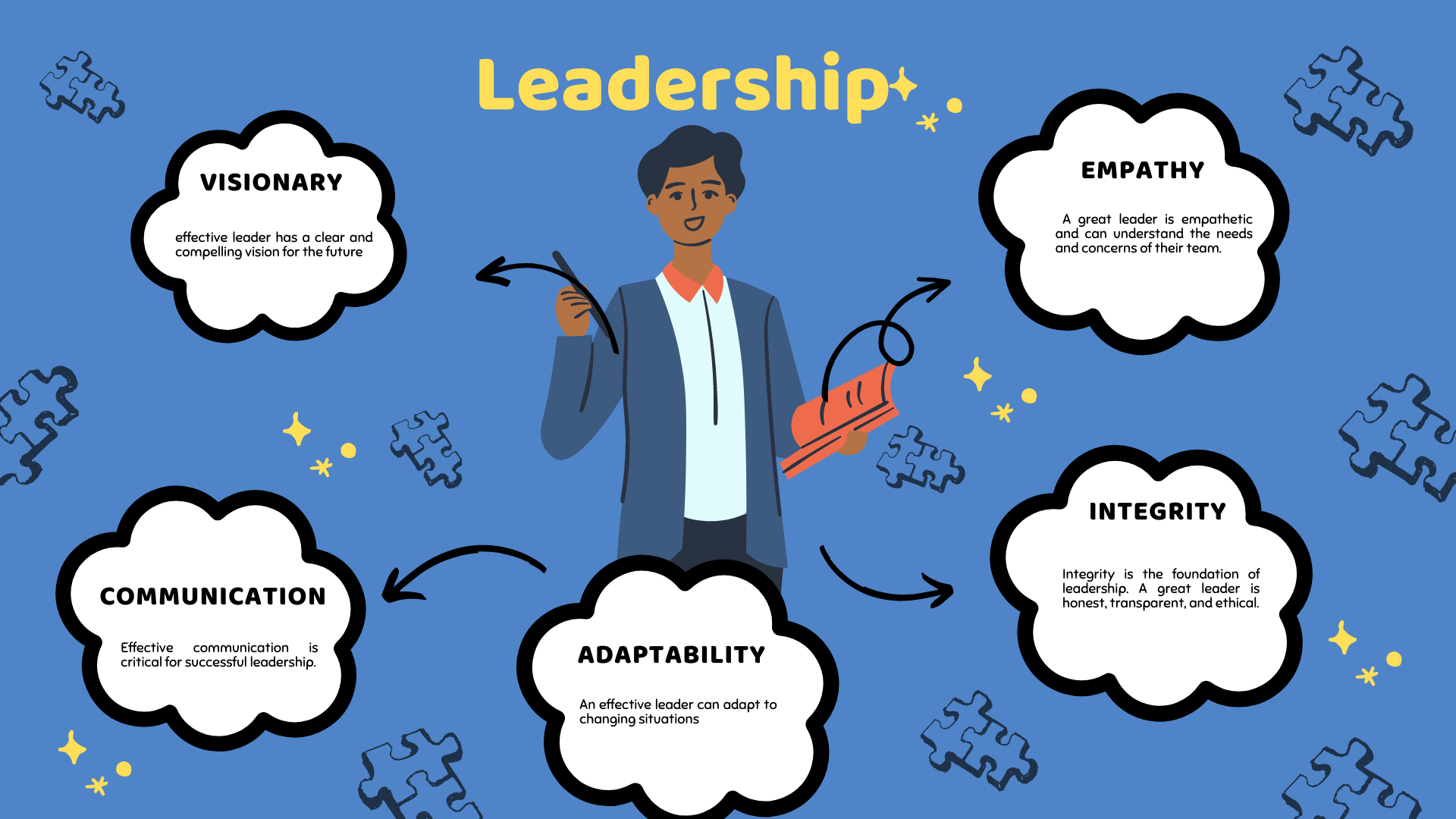Networking and building professional relationships are essential components of career success. They are critical for finding new job opportunities, learning new skills, and developing a reputation within your industry. Here are some reasons why networking is crucial for your career and how you can build relationships that will help you achieve your goals.
Networking Leads to New Opportunities:
- Attending Industry Events
- Joining Professional Associations
- Volunteering in Your Community
Networking can help you find new job opportunities, partnerships, and collaborations. When you attend networking events, you have the chance to meet people who work in your field and who may be looking for someone with your skills and experience. You can also learn about job openings that are not yet advertised and get referrals from people you meet.
Moreover, to takes advantage of these opportunities, it is essential to build a network of contacts who can inform you of the latest job opportunities and other opportunities in your field. You can do this by attending industry events, joining professional associations, and volunteering in your community.
Networking Helps You Learn and Grow:
- Exposing Yourself to New Ideas and Perspectives
- Attending Conferences and Seminars
- Participating in Online Communities and Discussion Groups
Building professional relationships can expose you to new ideas, perspectives, and best practices. When you meet people who work in your field, you can learn about the latest trends and innovations in your industry. You can also get advice on how to advance your career and overcome challenges.
To learn and grow through networking, you need to be proactive. Ask people questions about their work and experiences and be open to new ideas and perspectives. Attend conferences and seminars and participate in online communities and discussion groups. By staying connected with others in your field, you can continue to develop your skills and knowledge.
Networking Provides Support:
- Building a Support Network
- Asking for Help When Needed
- Joining Peer and Mastermind Groups
Professional relationships can provide emotional and practical support throughout your career journey. When you build relationships with mentors, colleagues, and other professionals, you have a support system that can help you navigate challenges and celebrate your successes.
Furthermore, to build a support network, be willing to ask for help when you need it. Reach out to people you respect and admire and ask them to mentor you or provide advice. Join peer groups and mastermind groups and participate in online forums and discussion groups. By building a network of people who care about your success, you can stay motivated and focused on your goals.
Networking Increases Your Visibility:
- Showcasing Your Skills and Expertise
- Writing Articles and Blog Posts
- Speaking at Conferences and Seminars
Networking can increase your visibility and reputation within your industry or community. When you attend events and participate in online discussions, you have the opportunity to showcase your skills and expertise. This can help you become a recognized expert and open doors to new opportunities.
To increase your visibility, be willing to share your ideas and insights with others. Additionally, write articles and blog posts, speak at conferences and seminars, and participate in online discussions. By building a reputation as a thought leader in your field, you can attract new clients, customers, or job opportunities.
Networking Creates Opportunities for Collaboration:
- Exploring Ways to Work Together on Projects
- Collaborating with Others to Achieve More
- Building a Reputation as a Thought Leader
Networking can create opportunities for collaboration with other professionals. When you meet people who work in your field, you can explore ways to work together on new projects, products, or services. Collaboration can lead to new opportunities and help you develop new skills and expertise.
To create opportunities for collaboration, be willing to share your ideas and expertise with others. Look for people who have complementary skills and experience and explore ways to work together on projects. By collaborating with others, you can achieve more than you could on your own.
In conclusion, networking and building professional relationships are critical for career success. However, by investing time and effort in developing meaningful connections with other professionals, you can gain access to new opportunities, knowledge, and support that can help you achieve your career goals. So, attend industry events, join professional associations, and be willing to ask for help when you need it. By building a strong network of contacts, you can build a successful and fulfilling career.



